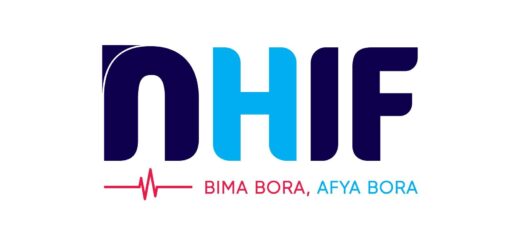Decoding Kenya’s Currency Rollercoaster: Navigating Eurobonds, Politics, and Exchange Rate Fluctuations
Introduction
Kenya, like many emerging economies, is no stranger to the ebbs and flows of currency exchange rates. However, recent fluctuations have left both economists and the general populace scratching their heads. The Kenyan shilling, which had been hovering between 160 and 167 against major currencies, including the US dollar, suddenly saw a significant dip to the range of 140-150 within a mere 48 hours. This unexpected shift has sparked a debate among experts and politicians alike, with theories ranging from Eurobond payments to political stability influencing the trajectory of the currency. In this article, we delve into the possible factors driving these fluctuations and attempt to discern whether the Kenyan shilling is poised to ascend or stabilize.
Eurobond Payment
One of the leading theories circulating among financial circles is the impact of the Eurobond payment on Kenya’s currency exchange rates. The government’s recent repayment of Eurobond debts, a substantial sum in foreign currency, could have exerted downward pressure on the shilling. As the central bank liquidates foreign reserves to fulfill these obligations, it naturally affects the supply and demand dynamics of the currency market, potentially leading to a depreciation of the shilling. However, the extent to which this payment has influenced the recent sharp decline remains a subject of debate.
Political Uncertainty
In any emerging market, political stability plays a pivotal role in shaping investor sentiment and, consequently, currency valuations. In Kenya, where political tensions often simmer beneath the surface, the assertions of the political class regarding the currency’s future stability cannot be dismissed outright. Claims that the exchange rate will stabilize below 130 could be construed as attempts to reassure both domestic and foreign investors, thereby preventing a further erosion of confidence in the economy. However, the veracity of such assertions hinges on the ability of the government to address underlying structural challenges and foster an environment conducive to economic growth.
Market Speculation and Sentiment
Beyond the tangible factors such as debt repayment and political stability, the role of market speculation and sentiment cannot be underestimated. Currency markets are often influenced by perceptions of future events rather than solely reacting to present realities. The rapidity of the shilling’s depreciation could be exacerbated by panic selling and speculative trading, as investors attempt to preempt further declines or capitalize on short-term fluctuations. Consequently, restoring stability to the exchange rate may necessitate concerted efforts to restore confidence in the economy and provide clarity on the government’s fiscal and monetary policies.
My Two Cents
The confluence of factors contributing to the volatility of Kenya’s currency exchange rates underscores the complexity of managing an emerging economy in a globalized financial landscape. While the repayment of Eurobond debts and political uncertainty undoubtedly exert pressure on the Kenyan shilling, the extent to which these factors will dictate its future trajectory remains uncertain. As stakeholders grapple with the challenge of restoring stability to the currency market, transparent communication, prudent fiscal management, and proactive policy measures will be essential in guiding Kenya towards a path of sustainable economic growth. Whether the shilling will rebound from its recent lows or continue on a downward trajectory ultimately hinges on the ability of policymakers to navigate these turbulent waters with foresight and resolve.



